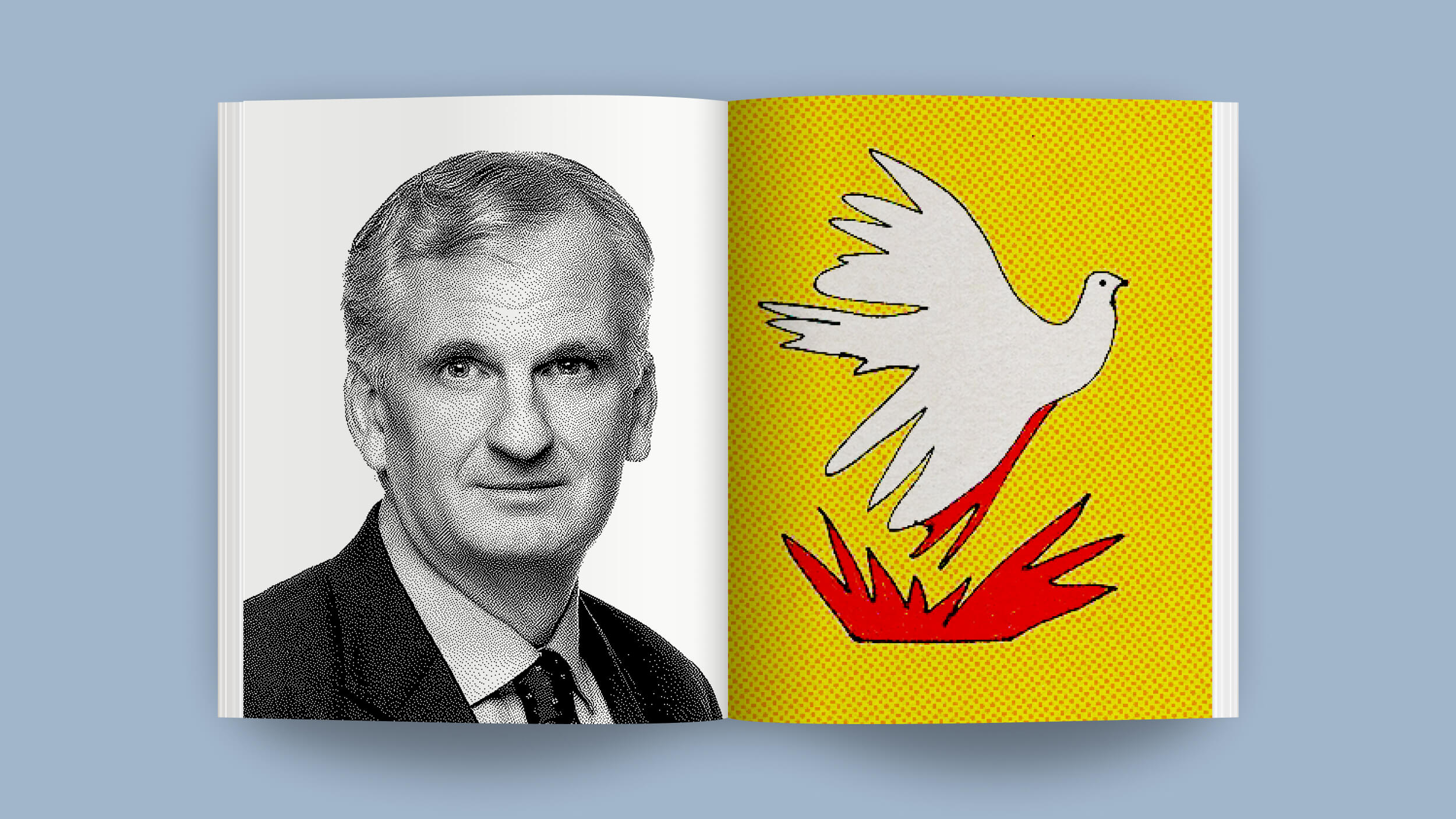The Best Essays on Politics 2009, Part II—Social Issues

As the year draws to a close, I want to finish by passing along my personal list of the most interesting essays on political issues from 2009. My selections are partly inspired by David Brooks’ excellent SidneyAwards. Part one of my selections is here. Today I want to look at a few of the social issues that we were talking about this year—health care, drug policy, the environment, and race relations.
In his influential essay “The Cost Conundrum” (The New Yorker, June 1), Atul Gawande shows that the quality of our health care is not particularly related to how much we pay for it. Instead, he argues, health care costs rise where treatment guidelines are not well-established and doctors have an financial incentive to recommend more expensive care.
Providing health care is like building a house. The task requires experts, expensive equipment and materials, and a huge amount of coördination. Imagine that, instead of paying a contractor to pull a team together and keep them on track, you paid an electrician for every outlet he recommends, a plumber for every faucet, and a carpenter for every cabinet. Would you be surprised if you got a house with a thousand outlets, faucets, and cabinets, at three times the cost you expected, and the whole thing fell apart a couple of years later?
In “How American Health Care Killed My Father” (The Atlantic, September), David Goldhill tries to understand, after the death of his father from infections contracted in the hospital, why we tolerate a system that allows so many preventable deaths. Rather than being deliberately, rationally designed, our system has developed in response to all manner of perverse incentives. Part of the problem, he argues, is that we use insurance to pay for all of our health-care expenses, which is inefficient and distorts the incentives of health-care providers.
Health insurance is the primary payment mechanism not just for expenses that are unexpected and large, but for nearly all health-care expenses. We’ve become so used to health insurance that we don’t realize how absurd that is. We can’t imagine paying for gas with our auto-insurance policy, or for our electric bills with our homeowners insurance, but we all assume that our regular checkups and dental cleanings will be covered at least partially by insurance. Most pregnancies are planned, and deliveries are predictable many months in advance, yet they’re financed the same way we finance fixing a car after a wreck—through an insurance claim.
In “It’s Time to Legalize Drugs,” (The Washington Post, August 17), Peter Moskos and Stanford “Neill” Franklin—both former police officers—write that “drug manufacturing and distribution is too dangerous to remain in the hands of unregulated criminals.” Instead, they argue that it would be better to regulate recreational drugs the way we do alcohol and prescription medications than continue an expensive and violent war on drugs, which has done little to stop drug abuse.
Cities and states license beer and tobacco sellers to control where, when and to whom drugs are sold. Ending Prohibition saved lives because it took gangsters out of the game. Regulated alcohol doesn’t work perfectly, but it works well enough. Prescription drugs are regulated, and while there is a huge problem with abuse, at least a system of distribution involving doctors and pharmacists works without violence and high-volume incarceration. Regulating drugs would work similarly: not a cure-all, but a vast improvement on the status quo.
In “Saving Mexico” (The Wall Street Journal, December 26), David Luhnow argues that the only way to combat the drug cartels that are destroying Mexico is to legalize marijuana. By decriminalizing the cartels’ steadiest, highest-margin product, we can move production of the drug to legal farms in California and kill the drug trade by making it unprofitable.
Growing numbers of Mexican and U.S. officials say—at least privately—that the biggest step in hurting the business operations of Mexican cartels would be simply to legalize their main product: marijuana. Long the world’s most popular illegal drug, marijuana accounts for more than half the revenues of Mexican cartels.
In “The Ass’s Dilemma: Can Man Engineer the Climate?” (The Virginia Quarterly Review, Spring), Pat Joseph looks at the possibility that the warming effects of greenhouse gases could be counterbalanced with some form of geo-engineering, like releasing sulfates into the stratosphere to reflect some of the sun’s energy. Although such schemes are theoretically possible, many climate scientists shy away from geo-engineering, arguing that it would be much simpler and less risky to simply reduce our carbon emissions. But if that turns out not to be politically feasible, we may have start contemplating more drastic fixes.
As one geologist has expressed it, the lifetime of fossil carbon in the atmosphere can effectively be thought of as “300 years, plus 25% that lasts forever.” By contrast, the lifetime of sulfates in the stratosphere is a few years at most. In terms of deploying aerosol injections, this is both blessing and curse. On the one hand, it means that any experimental deployment could be halted quickly if unforeseen consequences arose, and the effects would be short-lived. On the other hand, once a decision was made to continue, there would be no turning back—not for a thousand years, at least. As CO2 concentrations continued to climb, any interruption in maintenance of the atmospheric dust veil would lead to very rapid warming and a potentially crippling shock to the planet.
In “Aquacalypse Now” (The New Republic, September 28), Daniel Pauly shows how governments continue to subsidize their fishing industries, even as they deplete the stocks of one species after another. At this rate we can expect the stocks of all commercial fish to collapse—taking the marine ecosystems around the world with them.
Much like Madoff’s infamous operation, which required a constant influx of new investments to generate “revenue” for past investors, the global fishing-industrial complex has required a constant influx of new stocks to continue operation. Instead of restricting its catches so that fish can reproduce and maintain their populations, the industry has simply fished until a stock is depleted and then moved on to new or deeper waters, and to smaller and stranger fish. And, just as a Ponzi scheme will collapse once the pool of potential investors has been drained, so too will the fishing industry collapse as the oceans are drained of life.
Finally, in “See Baby Discriminate” (Newsweek, September 5), which draws on a chapter of their book NurtureShock, Po Bronson and Ashley Merryman look at numerous studies that show that children naturally notice and form assumptions on the basis of racial distinctions. They argue that our general reluctance to talk about race simply allows children to form their own—often disturbing—conclusions. Rather than teaching children that race does not matter, our silence only teaches them that the subject is something we can’t talk about.
Shushing children when they make an improper remark is an instinctive reflex, but often the wrong move. Prone to categorization, children’s brains can’t help but attempt to generalize rules from the examples they see. It’s embarrassing when a child blurts out, “Only brown people can have breakfast at school,” or “You can’t play basketball; you’re white, so you have to play baseball.” But shushing them only sends the message that this topic is unspeakable, which makes race more loaded, and more intimidating.





